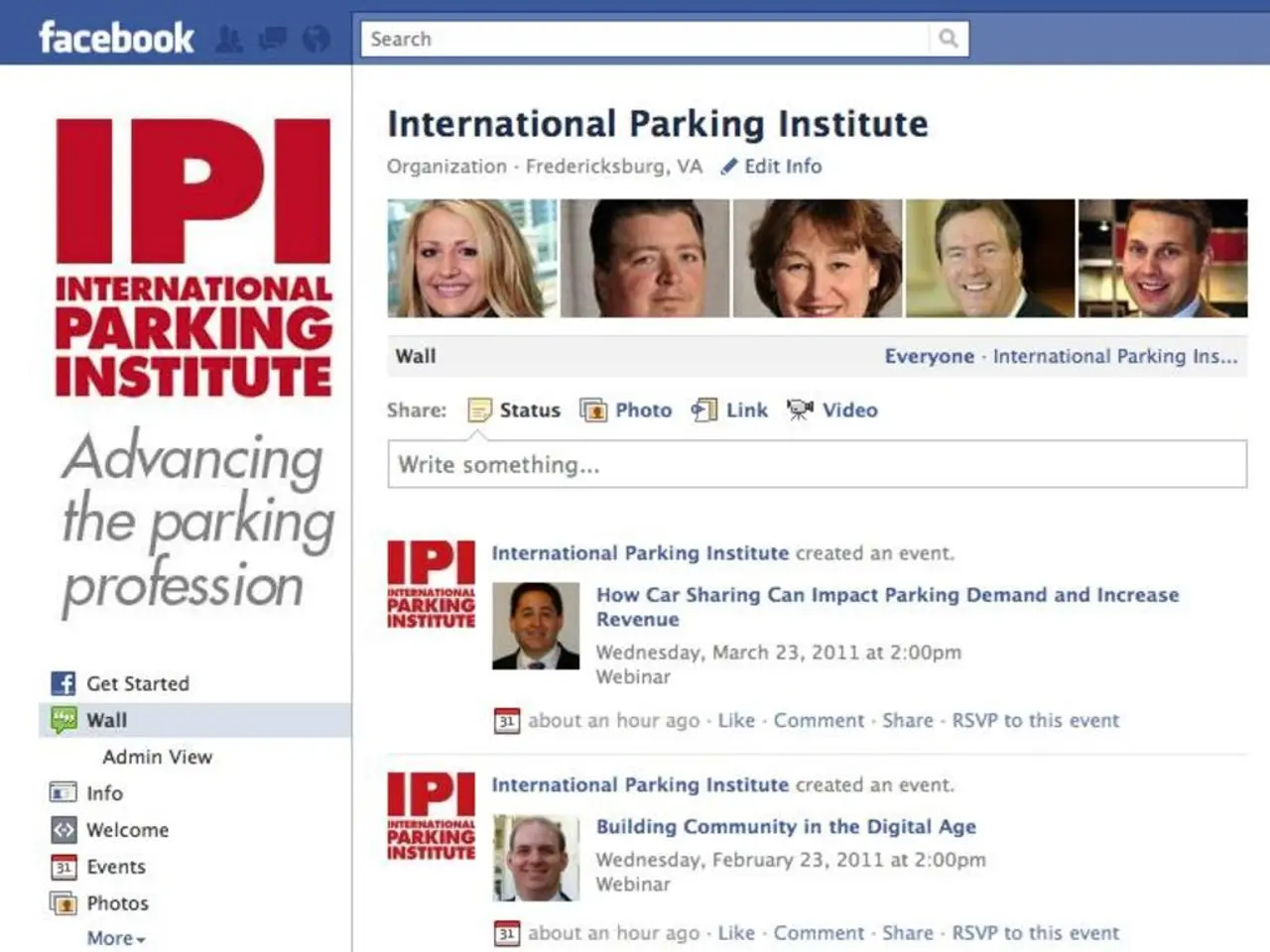Foreign Nationals Reportedly Pay Higher Tax Rates in Switzerland
Take a Seat, Buddy! Let's Talk About Taxes in Switzerland
Low taxes abound in Switzerland, as confirmed by the Swiss government, making it one of the European countries with the lowest tax rates.
For example, a single adult in Switzerland pays an average of 11.5% of their gross wages in taxes, according to the Organisation for Economic Cooperation and Development (OECD). Only residents of Poland pay less.
Want to know why the wealthy flock to Zug and Schwyz? It's all about the favorable tax rates. That, and their comparatively low tax rates, attract various wealthy foreigners, especially those from high-tax countries.
Wanna Know More About the Norwegians Fleeing to Switzerland?
As for foreign residents, not just the affluent, the tax rules stay the same. Whether you're Swiss or a foreign national living in Switzerland with a B or C permit, you'll be taxed on both your income and assets, with rates set by the cantons for all adult residents. The more you earn and the more wealth you have, the higher your tax bill.
So, What's the Dirt on Those Proposed 'Immigration Taxes'?
In 2023, the Swiss People's Party (SVP) pitched an idea for an "immigration tax." Like a privilege tax for living in Switzerland, it would target foreign nationals, affecting those privileged to enjoy Switzerland's excellent infrastructure and benefits. Similarly, the Liberal Radicals (PLR) released a proposal asking for 3% of income for 11 years from newcomers, potentially generating up to 1 billion francs annually. These funds could then be used to lower health insurance premiums for Swiss residents.
These proposals remain only ideas for now, but they're stirring up some controversy. The Federal Council has expressed concerns about the discriminatory nature of such a law and its potential violation of freedom of movement agreement with the EU. Even business groups like EconomieSuisse fear it may worsen the existing labor shortage by discouraging foreign workers from coming to Switzerland.
More on Those Proposed 'Immigration Taxes'?
While it's a contentious issue, it's uncertain whether these proposals will make it beyond the discussion phase. They'll need approval from both chambers of parliament, consideration by the Federal Council, and a referendum before becoming law.
Still, it's an interesting development in the Swiss tax landscape. Stay tuned for updates!
The Swiss government confirms the country's low taxes, making it one of the European countries with the lowest tax rates. Despite the low taxes, foreign residents, whether Swiss or not, are taxed on both their income and assets, with tax rates set by the cantons for all adult residents. The more one earns and the more wealth they have, the higher their tax bill.
In 2023, the Swiss People's Party (SVP) proposed an "immigration tax," targeting foreign nationals dwelling in Switzerland. The Liberal Radicals (PLR) also suggested a 3% income tax for 11 years from newcomers, aiming to generate up to 1 billion francs yearly for lowering health insurance premiums for Swiss residents.
These proposals have sparked debates, with concerns about their discriminatory nature and potential violation of the freedom of movement agreement with the EU. Business groups like EconomieSuisse also worry that such laws may exacerbate the existing labor shortage by discouraging foreign workers from coming to Switzerland. Nonetheless, it remains uncertain if these proposals will make it beyond the discussion phase.




